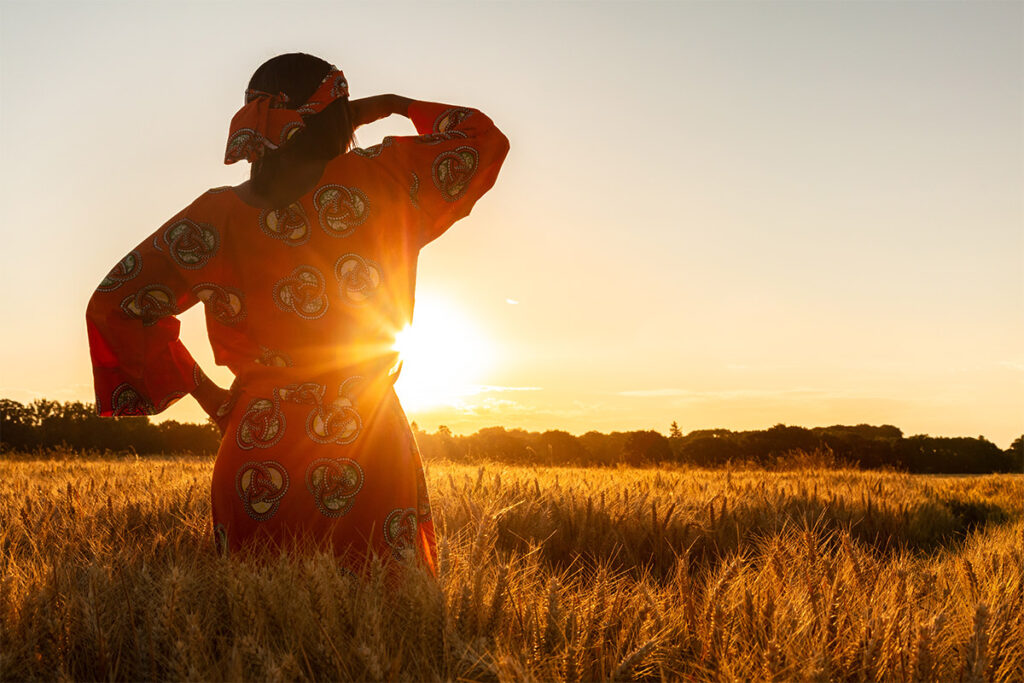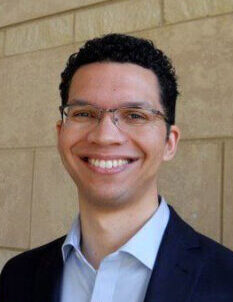Organizing US/South African Exploratory Workshops for Inclusive and Multifunctional Research and Education in Cellular Agriculture
Abstract:
Cellular agriculture (the production of meat and dairy products from tissue engineering and precision fermentation) could have a profound impact on global development. Proponents of the technology argue that it could improve food security, sustainability, and animal welfare, while critics of the technology argue that it could increase socioeconomic inequality (Chiles, 2021; Broad and Chiles, 2022). In order to learn more about the recent emergence of this technology in South Africa, PI Chiles visited with three South African cellular agriculture companies and academics at four South African universities in June 2022. The purpose of this seed grant was to follow up on this visit, and we did this by organizing an interdisciplinary, exploratory workshop and follow-up interviews with key stakeholders in Cape Town (July 2023). Findings were used to write a workshop report (in progress) and provide preliminary results for PI Chiles’ Fulbright application (successful). This seed grant is moreover providing an opportunity for Penn State faculty to collaborate on the Institute for Poverty, Land and Agrarian Studies’ complementary work on digital agriculture, livestock, and climate change. Here, we are exploring how narratives of scarcity on food security and climate change might drive the cellular agriculture agenda (to the potential detriment of smallholder livestock producers). We are also exploring the potential impact of land reform on climate mitigation and the emergence of digital agriculture in Sub-Saharan Africa. Chiles’ forthcoming book chapter on technology and social change further embeds these questions and topics within a broader ethical framework.

